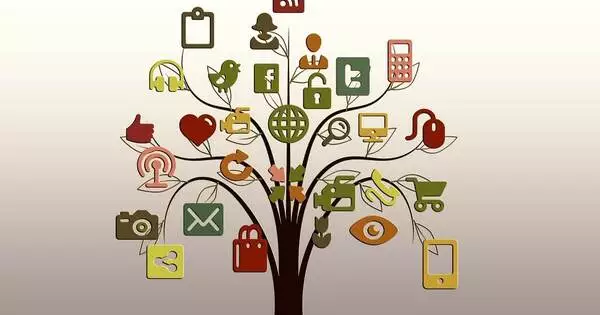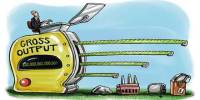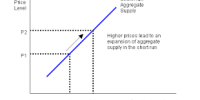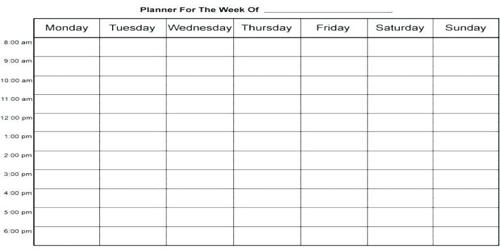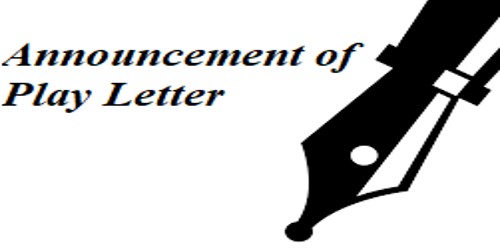Nudge theory is a decision-making framework popularized in 2008 by economists Richard Thaler and Cass Sunstein in their appropriately titled book Nudge. This framework’s primary function is to assist people in making better decisions that result in desirable outcomes.
Nudge theory is based on the idea that by shaping the environment, also known as the choice architecture, one can influence the likelihood that individuals will choose one option over another. Many of the decisions we make on a daily basis involve a choice between two options, such as whether to eat something healthy or something unhealthy, whether to join a pension scheme or not, whether to become an organ donor or not, and so on. A key factor of Nudge Theory is the ability for an individual to maintain freedom of choice and to feel in control of the decisions they make.
Nudge theory is primarily concerned with the design of options, which influences our decisions. Nudge theory proposes that choice design should be based on how people actually think and decide (instinctively and rather irrationally), rather than how leaders and authorities have traditionally (and frequently incorrectly) assumed people think and decide (logically and rationally).
According to Nudge theory, when given two options, people prefer the easier and more convenient option over the one that could lead to better outcomes. A ‘nudge’ in this context is essentially a small push that guides people to make decisions that will benefit them in the long run.
Nudge theory can also be used to investigate, comprehend, and explain existing influences on how people behave, particularly unhelpful influences, with the goal of removing or altering them. There are many of these unhelpful ‘nudges’ all over the place, most notably in advertising and government; some are unintentional, but many are deliberate.
To encourage people to make better decisions, behavioral scientists, economists, governments, organizations, policymakers, business leaders, or other parties can ‘gently direct them’ by ensuring that choices associated with better outcomes are also the easiest to make.
Nudge theory is a flexible and modern concept for:
- Understanding how people think, make decisions, and behave,
- Helping people improve their thinking and decisions,
- Managing change of all sorts, and
- Identifying and modifying existing unhelpful influences on people.
Nudge theory has been applied in a wide range of fields and settings since it was first formalized by Thaler and Sunstein. While it can undoubtedly promote highly positive change, it can also be ineffective or even counterproductive in some cases.
The Nudge Theory can be used to help parents or governments manage the world’s population. The nudge theory has had a significant impact on how we think about and implement methods for motivating and changing people. Furthermore, nudge theory is concerned with changing groups through indirect methods rather than direct enforcement or instructions.
